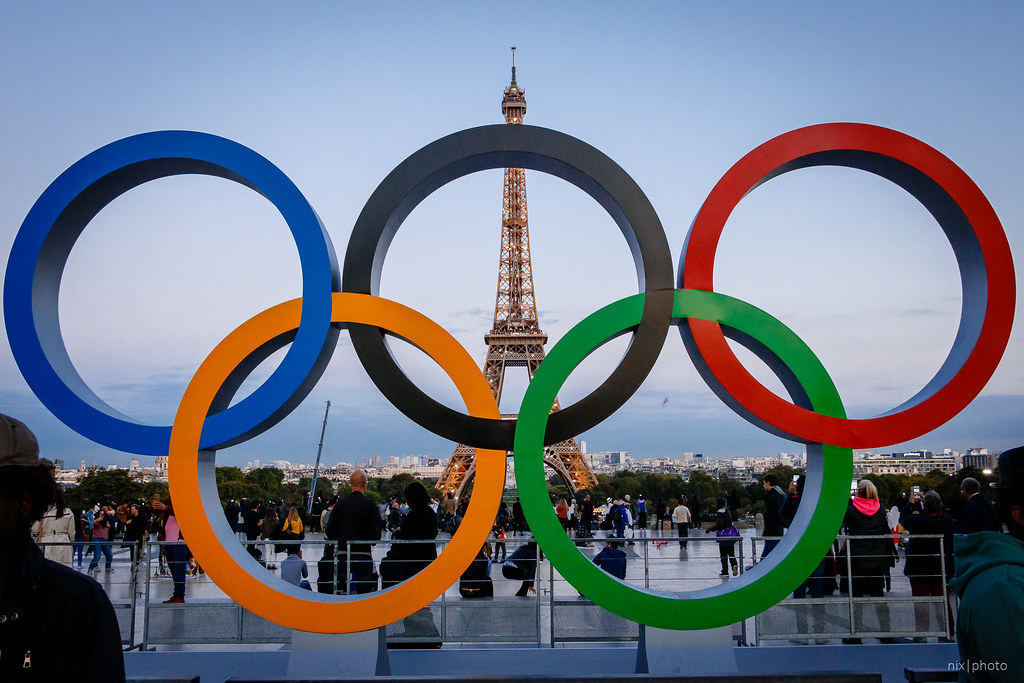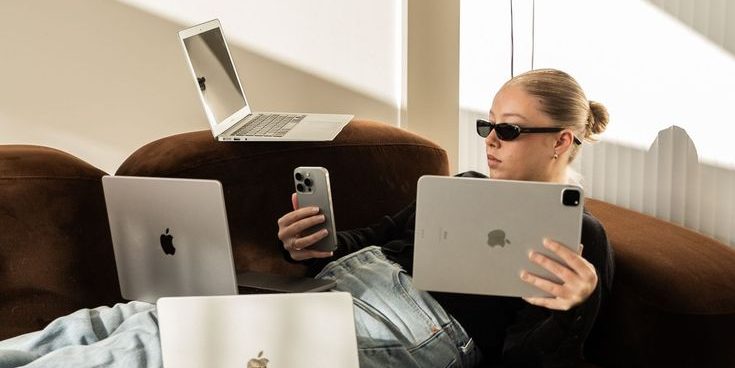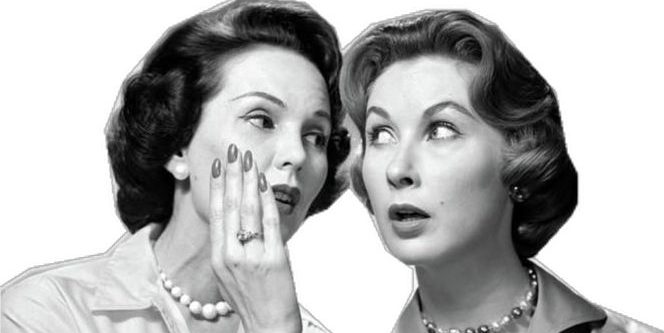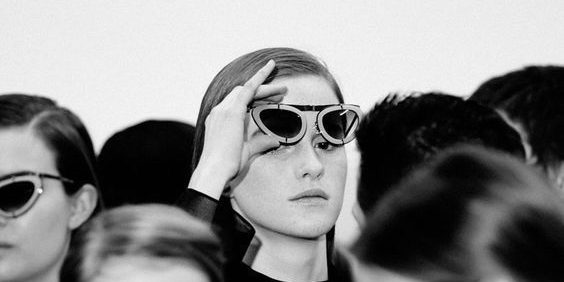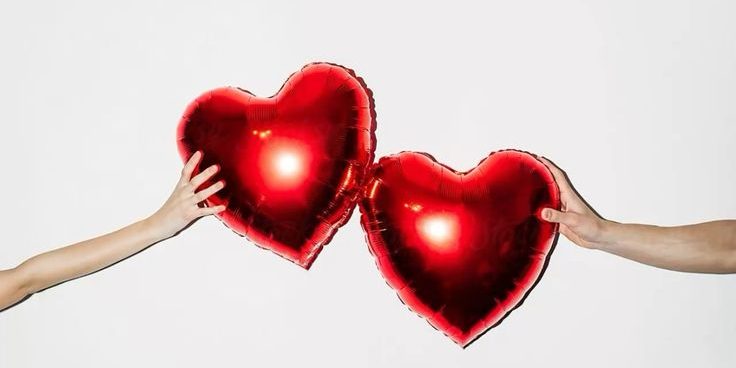It’s almost time to wave the Union Jack flag frantically in front of your TV to celebrate the Paris Olympic Games this Summer. The hard part ends there for us supportive Brits, however, if you’re a brand sponsoring an athlete participating in the Games, there are a few things to consider.
What is Olympic Charter Rule 40?
Rule 40 establishes a ‘Blackout Period’ and governs how athletes can use (and can allow their personal sponsors to use) their name and image during the Games period in any advertising materials.
Rule 40 is a bylaw in the Olympic Charter that restricts public reference to the Olympic competition to solely the sponsors that have paid for it. The aim of Rule 40 is to stop over-commercialisation of the Olympics and focus on what it is really all about – bringing together the world’s best athletes and promoting unity.
Team GB states clear guidelines around Rule 40 on their website: ‘Athletes, agents, athlete sponsors and NGBs should all be aware of Rule 40, which governs the way in which athletes (and their sponsors) can use their image or attributes in advertising during the Games Period for Paris 2024. Full guidelines for brands and agents can be found here.
Why is Rule 40 important in The Olympics?
Rule 40 is particularly important for Team GB. The British Olympics Association is a not-for-profit organisation that funds Team GB during the run up to the Olympics. For the 2024 Olympics, the BOA need to raise in excess of £70 million to support Team GB. Rule 40 allows them to generate income by protecting the exclusive rights of Olympic commercial partners for a short period during the Games.
Non-compliance with Rule 40 can jeopardise the BOA’s commercial programme, and therefore impact the ability to fund all athletes and sports. Breaches to Rule 40 are, therefore, taken seriously.
What is the Blackout Period?
The Blackout Period runs from 9 days before the opening ceremony to 3 days after the closing ceremony. It is known as a period of ‘information silence’ during the Olympic Games.
What are the advertising rules surrounding the Olympics?
If you are an official Olympic Partner, there isn’t much to worry about regarding Rule 40. If you are a Non-Olympic Sponsor or brand, you are permitted to use an athlete’s image if the specified conditions are met.
As stated within the official Rule 40 documentation on the Olympic website, ‘any campaigns running during the Games period by Non-Olympic partners must not use Olympic Properties, must respect IOC and NOC policies and must be generic’. The Paris 2024 Rule 40 handbook states that campaigns must:
- Not make any connection to the Olympic Games, other than featuring athletes as Olympic athletes
- Be regularly in market for at least 90 days before the Games period (April 19th, 2024)
- Be run consistently and not escalated during the Games period
- Be generic in nature and as constituted by the relevant NOC; Non-Olympic Partners/Brands are required to notify the relevant IOC or NOC of the targeted country of their generic advertising plans by 18th June, 2024 via this link.
Essentially, what the above tells us is that advertisers cannot rely on riding the Olympic wave to drive additional awareness and/or sales during the Olympic Games. Fair enough…
The guide also states that in the case of social media advertising, including the nature of and content of their posts. The British Olympic Association expand on this point by saying that when speaking specifically of a Team GB athlete, all plans must obtain prior consent by contacting the BOA by email by 4th July, 2024.
Generic Advertising Examples:

About the author
Simarin Tandon | Performance and Digital Marketing Manager
Having worked with brands across the Beauty &Wellness, FMCG, FinTech, and Home & Lifestyle sectors, Simarin focuses on driving acquisition and growth, whilst managing the performance team at brandnation.
A curious marketer, Simarin is always on the pulse when it comes to performance and digital updates across both paid and organic platforms.
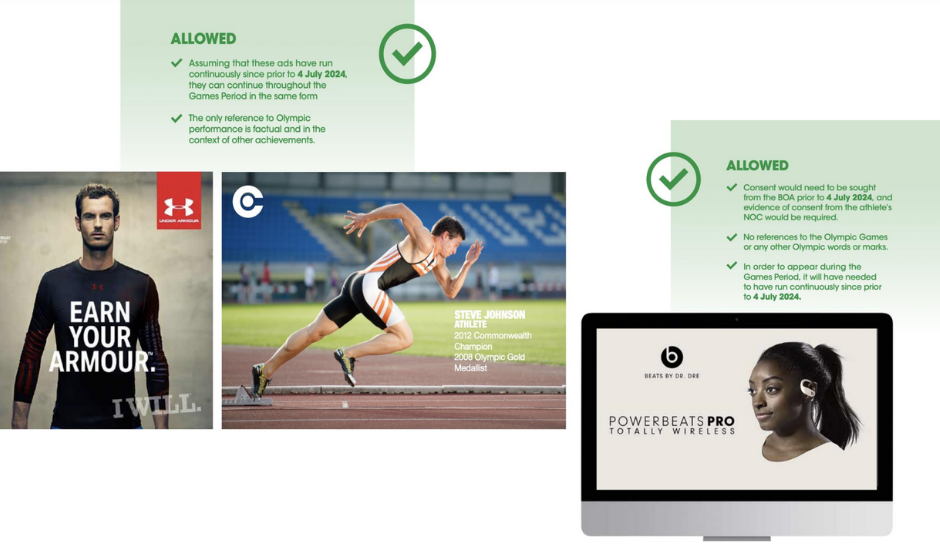
How can brands talk about the athletes they sponsor during the Olympics?
There are restrictions on how brands can mention the athletes they sponsor – even in congratulatory messages!
What’s not allowed?
- Posting during the Olympic Games
- Reference to the athlete’s performance during the Olympics
- Use of #teamgb
What is allowed?
- Posting outside of the Games period
- No reference made to the Olympics or usage of the Olympics imagery/marks
Given the restrictions, as above, there are a few ways brands can capitalise on their sponsorships ahead of the Olympics:
- Paint the bigger picture: Talk about the athlete’s recent successes and records achieved, building narratives around non-Olympic stories to celebrate who they are outside of the Games
- Plan for the future: As a sponsor, if you are in a contractual agreement with an athlete, confirm advertising deals and activations post-Olympics. If they do well during the Games, the potential to capitalise on interest will be huge!
- Prepare for blackout: During the Games, you (the brand/sponsor) will have limited to no access to the athlete. Bank comments from athletes ahead of the Olympics that can be used in approved advertising, press releases, owned content or social posts*
*subject to approval from the relevant NOCs/IOCs/BOA

